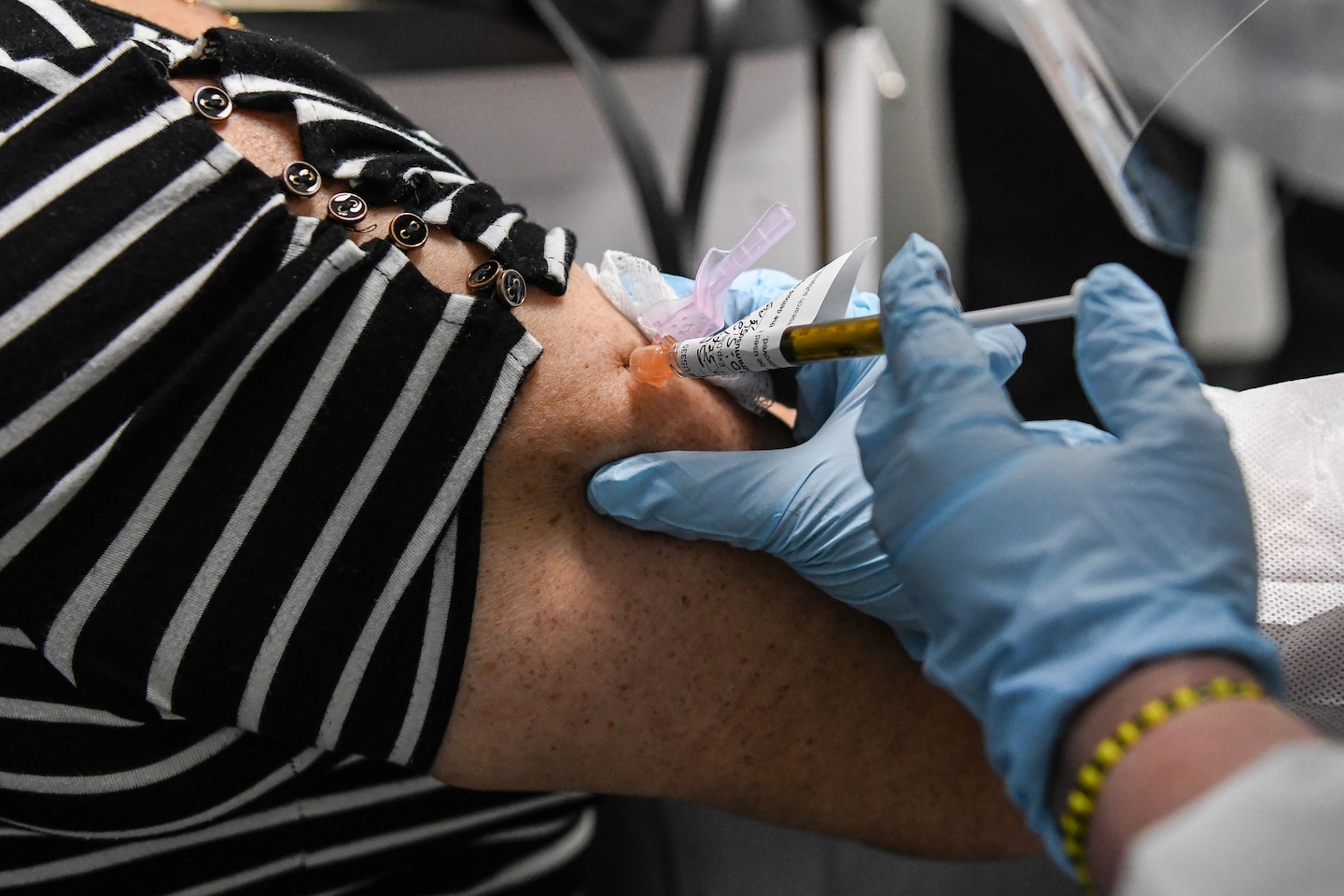It’s time to start testing potential covid-19 vaccines on children

Almost 70 years later, a fearful America eagerly awaits a vaccine to fight against the novel coronavirus. The first large-scale trials of vaccine candidates have just begun, and hopes are high that one or more will prove safe and effective. But unlike for polio, most of these trials are enrolling only adults, so they will provide no evidence on the safety, effectiveness or dosing of the vaccines in children. Without data from children, the Food and Drug Administration is unlikely to approve the vaccines for pediatric use. This possibility is unacceptable.
Because children appear to be at lower risk of developing severe covid-19 or of dying from the disease than adults, they will not be first in line to receive a vaccine when one is ultimately approved. However, it will be important to move as quickly as possible to vaccinate children for at least three reasons: First, although rare, children can die from the novel coronavirus infection or develop serious complications such as multisystem inflammatory syndrome. Second, children are likely to be important vectors of community spread; recent studies in JAMA Pediatrics and the Journal of Pediatrics suggest higher levels of viral shedding among children compared with adults. Finally, a vaccine that establishes immunity in children might make it possible to successfully hold in-person classes without complex, burdensome and expensive physical distancing and other measures.
Precedent and FDA testimony suggest that the agency will not be willing to approve a vaccine in children, or even authorize its emergency use, without supportive data from pediatric trials. The agency has noted in its guidance document on the development and licensure of coronavirus vaccines that safety and effectiveness might differ between children and adults. Furthermore, children are not just little adults; given the variation in size and development across childhood, the agency will want to see data from children across the age range. We also cannot assume that the dose chosen for use in adults will be the same as the dose required in children; for example, because of their size, young children might require smaller doses than older children and adults. Finally, in the face of substantial public mistrust, winning the confidence of parents will depend on evidence of safety derived from studies in children.
Despite the urgent need for pediatric data, few trials are recruiting or have announced plans to recruit children. Neither of the two late-phase trials open in the United States, one from Moderna and one from a collaboration between Pfizer and BioNTech, is enrolling children; the sponsors of these trials have not made their pediatric development plans public. In contrast, AstraZeneca, which plans to open a large U.S. trial of its candidate vaccine in the coming weeks, is enrolling children down to age 5 in a separate ongoing study in the United Kingdom. As a result, it might become the first company with a vaccine at advanced stages of development to produce pediatric data that could be used to inform approval decisions. Overall, however, the timeline and plans for generating the data to inform the FDA’s decisions about vaccine approval for children remain unclear.
To be sure, there are valid ethical and practical reasons to wait for data from adult trials before beginning trials with children. Because of children’s vulnerability and the fact that they cannot consent, it is important to minimize the risks to which they are exposed in research. Data from adults help ensure that pediatric trials are as safe as possible and reduce the possibility that children will be exposed to an ineffective vaccine. Also, given the extra protections that are needed, research with children is especially complex and expensive. But in light of the global emergency, these factors justify at most modest delays in pursuing pediatric trials.
The lack of pediatric data, and the resulting inability to approve or authorize vaccines for pediatric use, will be bad for children. But they will also be bad for adults, both because of the role children play in spreading disease and because we need to get children back to school for the sake of their working parents. To avoid these consequences, companies, the National Institutes of Health and the FDA must work together to develop plans that will allow the expeditious study and subsequent approval of safe and effective vaccines for pediatric use.
Read more:






